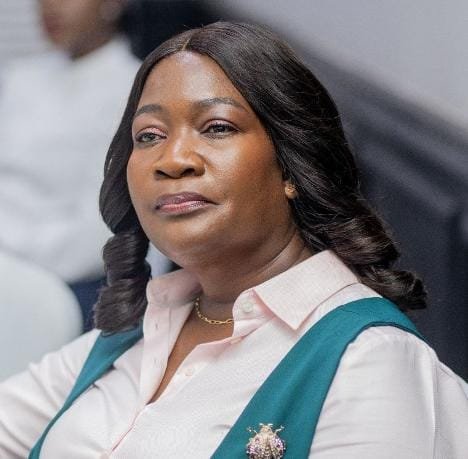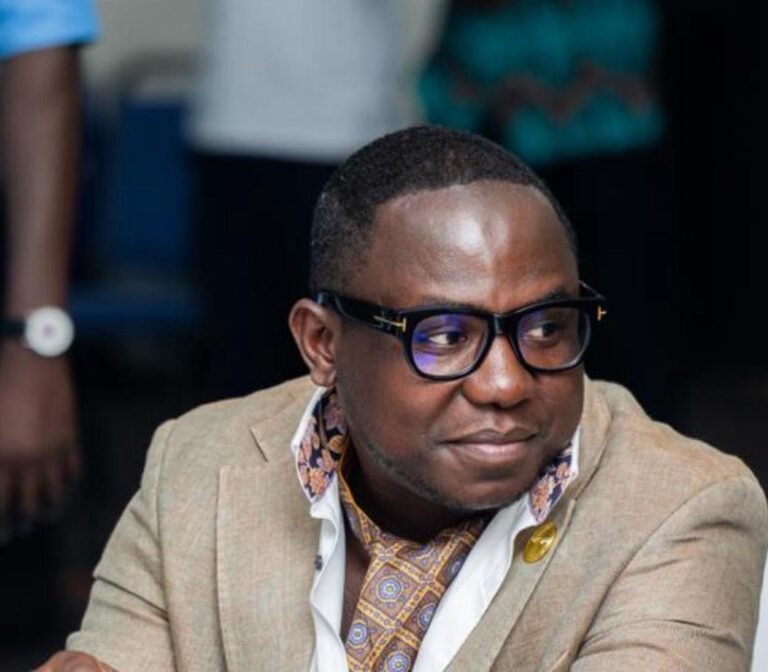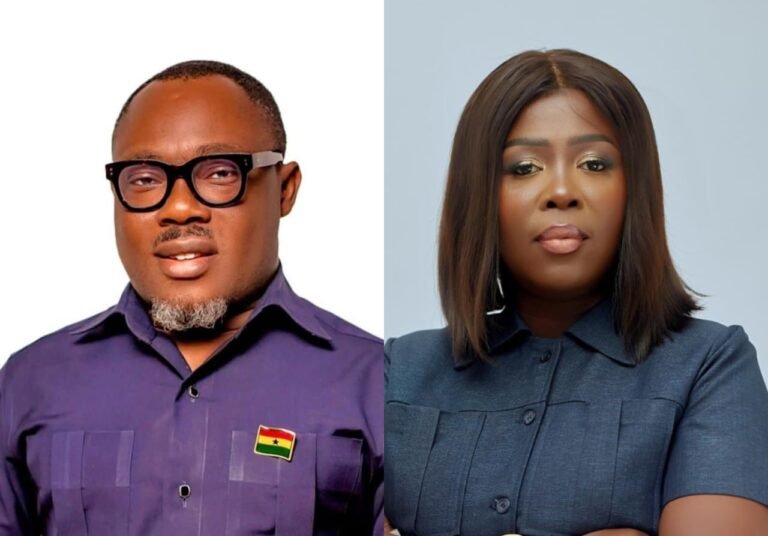
The writers - (Left) Dr Samuel Kofi Darkwa & Professor Jeffery Haynes
By Professor Jeffrey Haynes and Dr Samuel Kofi Darkwa
The conflict between traditional authority and modern democratic values is a significant political issue in Ghana today. Attention was drawn to this issue following the recent incident involving Afia Pokua and the Manhyia Palace. Afia Pokua is a prominent journalist and media personality. Beyond journalism, she is regarded as a voice of the people, often addressing social and political issues. The Manhyia Palace, situated in Kumasi, is the seat of the Asantehene, king of the Ashanti people. The Asantehene has immense cultural and historical significance, a prominent symbol of the Ashanti kingdom’s power and heritage.
Afia Pokua found herself at the centre of controversy after she publicly criticised the Asantehene, Otumfuo Osei Tutu II, for his perceived silence amid ongoing conflicts between Ashantis and other tribes. The Manhyia Palace deemed her comments disrespectful to the Asantehene.
The incident sparked intense public debate about the limits of freedom of speech and respect for traditional institutions in Ghana. Under pressure, Afia Pokua acknowledged her mistake and visited Manhyia to offer an apology which was not however accepted because she failed to follow accepted tradition. In Akan society, particularly among the Ashanti, apologies for offences are presented by the offender’s family to emphasise collective responsibility and communal values. This contrasts with modern practices where individuals are held personally accountable, highlighting the integral role of the family in maintaining social harmony and order. Afia Pokua’s critique may have been rather strident. On the other hand, the elders at Manhyia were perhaps overly dismissive of her attempt to apologise.
The spat drew attention to the fact that the future of both traditional authority and democratic values in Ghana hinges on striking a mutually harmonious balance, requiring dialogue and shared respect between traditional leaders and democrats. Both education and dialogue are necessary to bridge the gap between them. To diminish the potential for similar conflicts in the future, policymakers should consider establishing frameworks that safeguard freedom of speech while respecting traditional authority, bearing in mind Ghana’s social and cultural diversity. This equilibrium is vital for preserving social cohesion and advancing democratic governance.
Traditional Authority, Modern Democratic Values in Ghana
Respect for traditional authority is a cornerstone of Ghanaian culture. Disrespecting a chief, queen-mother, or king is viewed as an affront to the entire community and its heritage.
Traditional leaders in Ghana, including chiefs and kings, wield considerable influence within their communities. They serve as custodians of culture, tradition, and local governance, often playing a pivotal role in conflict resolution and community development.
Traditional practices, including the celebration of festivals, rites of passage, and dispute-resolution mechanisms, continue to shape the lives of many Ghanaians, especially in the country’s myriad rural communities. These practices are deeply ingrained in society’s cultural fabric.
The constitution of Ghana shields traditional leaders from overt political involvement, formally rendering their position apolitical. This enables traditional leaders to maintain significant influence within their communities, acting as custodians of culture, mediators of conflicts, promoters of community development, and upholders of societal unity.
Traditional Boundaries vs. Democratic Values
In Ghana, democratic values accentuate individual rights, including freedom of speech and expression. These principles are enshrined in Ghana’s constitution and are fundamental to the functioning of the country’s democracy. Ghana’s democracy has developed following the 1992 constitution which followed a decade of undemocratic rule of the Provisional National Democratic Council government of J. J. Rawlings. In Ghana’s multi-party democracy, both president and parliament hold power, elected by popular vote. Traditional authorities enjoy power, authority and prestige for reasons other than their democratic accountability, remain powerful political figures in Ghana’s democracy.
Some traditional authorities would like formal political roles. This is however problematic in a liberal democracy as the emphasis is always on the popular choice of authority, following free and fair elections. It is difficult to envisage traditional authorities agreeing to democratic elections to decide who should take power and perhaps being criticised publicly like politicians.
Conclusions
What does the bickering between Afia Pokua and the Manhyia Palace tell us about the current state of Ghana’s democracy? The cause of the dispute was Afia Pokua’s claim that Ashantis seek to assert their superiority over other tribes in Ghana and the Asantehene is remiss in failing to address this concern. Following the rejection of her apology by the Manhyia Palace, Afia Pokua wrote, ‘Let Ghana and Ghanaians celebrate when they hear about my passing, as I have committed an unforgivable crime. I understand if I am to be buried alive for the satisfaction of Ghanaian citizens’.
What could occasion such an abject apology and apparent acceptance of her fate – potentially to be buried alive because she has incurred the wrath of the Manhyia Palace? When all is said and done, Afia Pokua, like any other citizen, is entitled to criticise those in power – whether it is derived from the ballot box or by birth – without fear of such an outcome. Okay, the person or people on the receiving end of the critique may not like to hear it, but there is no justification for a response which appears to leave the criticiser with thoughts of death. This underscores the importance for commentators to exercise decorum when criticising and refrain from making ethnically sensitive comments and engaging in ‘loose talks’ that would necessitate subsequent apologies. Ghana has not come to this point in its existence, a democratic country, nearly 70 years after independence, for a citizen to fear for their life after speaking out on an issue of national importance.
The writer is an Emeritus Professor of Politics, London Metropolitan University, UK and a political Scientist.








